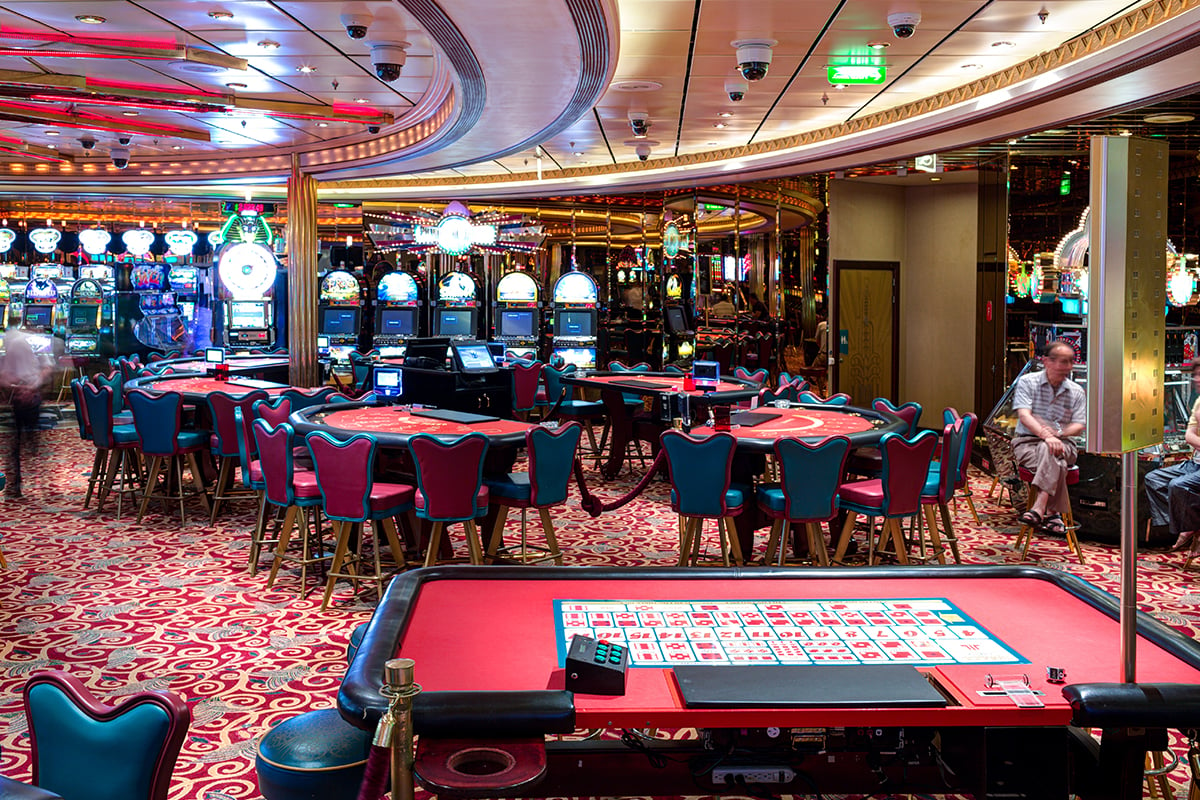
In the dynamic world of gambling, gaming activities have long enthralled the interest of gamblers around the globe. These activities, spanning traditional table options like poker to the spinning reels of slots, offer an captivating blend of randomness and skill. While chance undeniably plays a significant role in determining outcomes, the role of knowledge in many casino games cannot be overlooked. Grasping how skill shapes the game can elevate not only a gambler’s engagement but also their odds of winning.
As we explore further the mechanics of casino games, it becomes clear that some require a solid grounding of knowledge and tactics. Activities like blackjack demand more than simple luck; they require critical thinking, psychological insight, and tactical decision-making. In contrast, other games, such as the roulette wheel and slot machines, are primarily determined by randomness, allowing participants to rely entirely on fortune. This contrast raises fascinating questions about what truly drives victory in the domain of gambling and how a player’s skill set can tip the scales in their benefit.
Comprehending Skill vs. Luck within Casino Games
Within the sphere of casino games, the discussion between skill and luck is a long-standing one. Numerous games are frequently divided into two categories: those that rely predominantly on randomness, such as slot machines and the wheel, and those where skill plays a crucial role, like the game of poker and 21. The difference is crucial because it affects not only gameplay strategies but also the approach players take when participating with these games. While luck can play a critical role in the short term, skilled players can boost their chances of winning over the long run in skill-based games.
Skill-based games, especially poker, necessitate players to understand probability, human behavior, and game theory. A seasoned poker player can analyze rivals, make calculated bets, and know when to fold, all of which can lead to greater favorable outcomes. Conversely, in games that are purely chance-driven, no amount of skill can alter the odds. This implies that while a player may win big in one session, their victory may frequently be at the mercy to the whims of chance results rather than any strategic expertise.
In the end, both skill and luck exist together in the world of casino games, forming a dynamic environment for players. While games of chance can provide thrill and instant gratification, proficiency and strategy in skill-based games offer a deeper level of engagement for those willing to invest time in refining their craft. This interplay between skill and luck defines the experiences of players and influences their connection with the games they select to play.
The Impact of Skill on Casino Results
In the realm of gambling games, skill plays a significant role in determining the outcomes, especially in activities where tactics and choices are paramount. For example, in the game of poker, players must assess opponents, calculate probabilities, and make strategic bets to maximize their odds of winning. Unlike activities that depend purely on chance, such as slot machines or the roulette wheel, this game demands an understanding of both the game mechanics and the psychology of other participants, making skill a vital component of victory.
Other strategy-based activities, like blackjack, also underscore the significance of player skill. Understanding of basic strategy, card counting, and when to hit or stand can dramatically influence the casino advantage. A proficient blackjack player can lower this edge and boost their chances of success significantly. This contrasts sharply with games that do not permit for such tactical play, showcasing how the level of skill directly affects the potential for positive results.
Moreover, even within games deemed primarily chance-driven, like craps, the choices made by players can impact their overall success. Choosing the optimal bets, comprehending the likelihoods of different outcomes, and managing one’s funds are essential factors that can enhance a player’s experience and results. Thus, while chance remains a component in gambling, ability can significantly influence how effectively players navigate these environments, leading to more favorable outcomes. Casino 99ok
Tactics for Skillful Play in Gaming Establishments
To thrive in casino games, players must develop a strong understanding of the regulations and odds involved in every game. This foundational knowledge enables individuals to make educated choices, especially in skill-based games like poker and 21. Getting familiar oneself with game tactics, such as keeping track of cards in blackjack or identifying betting patterns in poker, can significantly enhance a player’s odds of success. Rehearsing these tactics through simulations or low-risk games allows players to hone their skills without risking substantial amounts of money at stake. 99ok
One more key strategy is money management. Players should establish a spending limit before entering the casino and follow it rigorously. This involves deciding how much they are willing to lose and imposing restrictions on how much they will wager in each session. By keeping a regulated approach to gambling, players can sustain their play and reduce the chance of significant losses. Additionally, taking time-outs can help preserve a clear mind and prevent impulsive decisions that often lead to poor play.
Ultimately, emotional control is vital in the high-stakes environment of a casino. Players must be adept at controlling their emotions, particularly during periods of winning or losing runs. Staying attentive and not allowing emotions influence gameplay can lead to more sound decisions. Techniques such as taking deep breaths or stepping away from the gaming table during intense moments can help maintain calmness. By cultivating a steady state of mind, players can approach casino games with assurance and skill, thereby enhancing their complete experience and outcomes.
